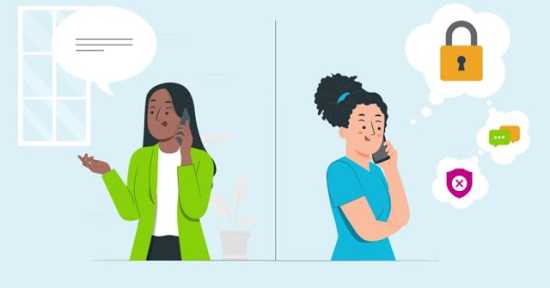FAQs
How can I comfort and support a friend with cancer?
It can be difficult to understand what your friend is going through and what help they might need. Remember that everyone is different and it is best to ask your friend what they need. You can comfort and support your friend that has cancer by checking in regularly, keep inviting them to places, visiting them, offering them help in specific ways and giving them something nice to let them know you’re thinking of them.
Click here to read more about how you can comfort and support your friend with cancer
What are some comforting words for a friend with cancer?
The most comforting thing you can do for your friend that has cancer is to simply show up and be yourself. You don’t need the perfect words- asking “how are you going?” can mean a lot. Your friend doesn’t expect you to have all of the answers or to offer advice, just let them know that you care. Let them guide the conversation, follow their lead, and be okay with silence.
Click here to read more tips on what to say, what to avoid, and how to support a friend with cancer.
How do I talk to a friend with cancer?
It’s completely normal to feel unsure about how to talk to your friend with cancer, but reaching out still matters. Most young people with cancer find it really does help to talk if you can. Even a simple message or casual chat can help your friend feel connected and less alone. You don’t always have to talk about cancer, sometimes they’ll just appreciate hearing about what’s happening at school or other normal day-to-day things.
What causes cancer?
For most cancers, the cause is unknown. We know that certain things can increase our chances of getting cancer - like smoking or spending a lot of time in the sun. And a very small number of cancers are thought to run in families. But most of the time, especially in young people, cancer just happens with no explanation.
How do you know if you have cancer?
Cancer is different for everyone. Depending on where the cancer is in the body, there could be signs like bruising, bleeding, lumps, painful bones or blurred vision. It’s important that a person goes to the doctor as soon as they notice something isn’t right or ‘normal’ to rule out the serious stuff or get treatment quickly if it is something serious.
If a doctor suspects that a person may have cancer, they will send them to a specialist to do some tests to find out. The identification of an illness is called a ‘diagnosis’.
Can you catch cancer from someone else?
Nope. Cancer is never contagious, so it’s fine to be near someone who has cancer. Can cancer be cured? Most cancers can be treated and survival rates are increasing all the time. The sad reality is that sometimes cancer can’t be cured and the person might die. There are many factors that affect the outcome of cancer. The outcome is different for every single person.
Why do people with cancer lose their hair?
Cancer cells reproduce really quickly, so some treatments like chemotherapy and radiotherapy target cells that reproduce quickly in order to kill the cancer. Hair cells also reproduce quickly, so they can take a hit too but hair will usually grow back when treatment ends. Lots of people who have cancer say that losing their hair is one of the hardest things to deal with.
Note: some treatments for cancer do not cause hair loss. If someone does not lose their hair, it doesn’t mean the treatment isn’t working.
Is cancer painful?
People with cancer are not necessarily in pain. A tumour might cause pain if it pushes on other parts of the body. And some of the tests and treatments for cancer can be pretty unpleasant. But it is often the body’s reaction to treatments (called side effects) that make someone with cancer unwell, rather than the cancer itself.
How long does cancer last?
Cancer is completely different every time. Some cancers might be treated in a few months, but others might take years.

Video
6 tips to make you a better listener
Active listening is an important skill to have when you’re supporting a friend that has cancer. Watch this video for 6 tips on how to make your communication more effective.






